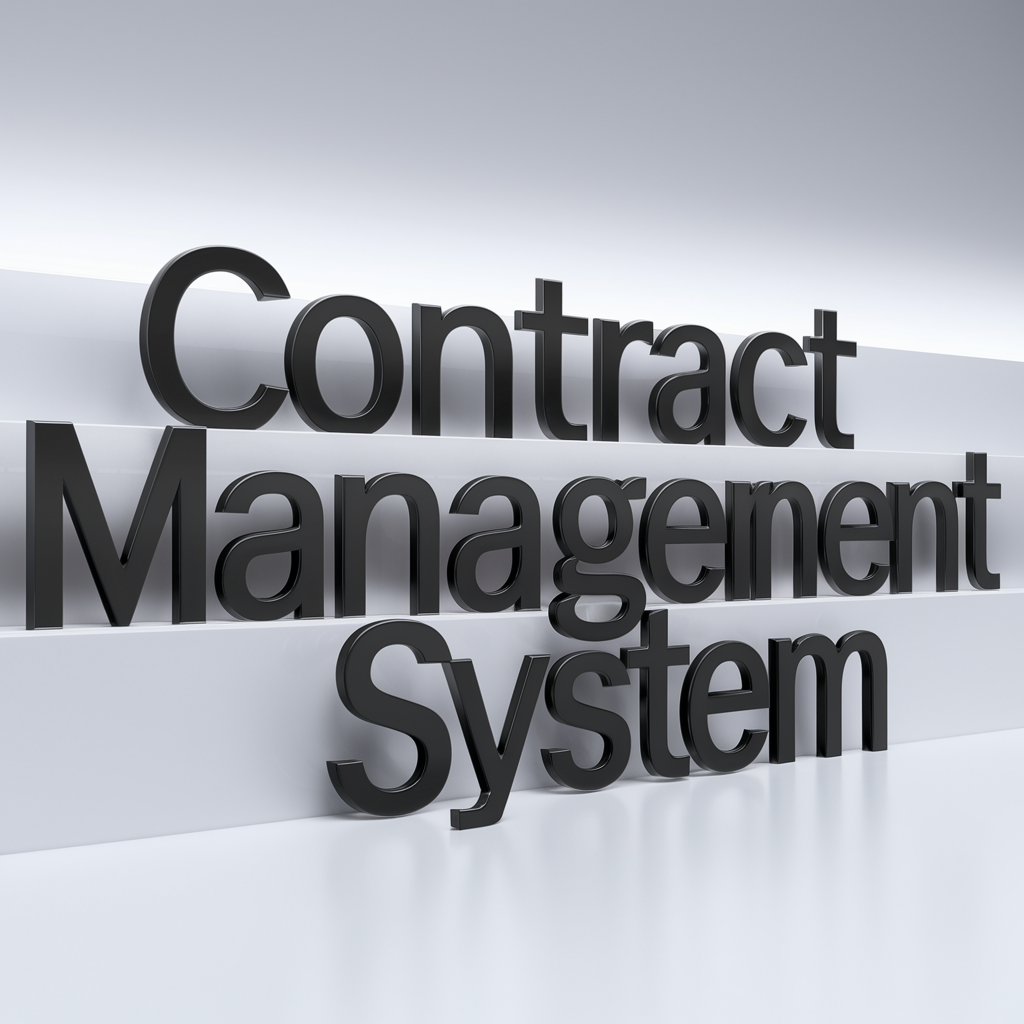Contract administration is of great significance in the contemporary business environment which is so dynamic. Contract management systems are designed to assist the company in managing their contracts by making sure each party is fulfilling its contractual obligations within the required time. This tool is the best fit for any business that plans to improve its workflows and overall performance.
Contract management systems are web-based applications that integrate all contract-related tasks. Thus, everything from the preparation to execution of agreements is centralized. These processes are automated, which does save time and effort in comparison to manual contract management.
Understanding Contract Management Systems (CMS)
Contract management system software facilitates organizations in the management of their contracts. It centralizes all contracts in one location to facilitate their retrieval and/or viewing. It also helps to keep a record of the performance of each contract in order to enhance accountability of all parties. It may contain the payment terms, the service delivery terms and so on. Keeping all this information at hand will allow companies to prevent disputes and have better relations with partners and suppliers.
Critical Factors that Improve Process Performance
A CMS like Ironclad offers various modules aimed at facilitating the process of contract management. Automation is one of the most effective. Such systems also have the advantage of carrying out repetitive functions such as sending reminders on contracts expirations or approvals, thus saving a lot of time. Compatibility with other corporate applications like a CRM platform or accounting solutions is another advantage. It helps ensure that everyone is working with the latest information, thus minimizing errors and enhancing communication within the company.
Using a Contract Management System to Monitor Performance
Contract KPIs (Key Performance Indicators) related to contracts enable the manager to visually assess the status of the contracts and then take remedial action when performance deviates from plan. For instance, if the supplier always fails to deliver on time, the system will indicate this, and corrective action can be taken.
Other Practical Advantages of Using Contract Management Software
It should be noted that the use of a contract management system is associated with even more significant advantages. For example, a company could reduce the number of days required to settle contracts from five to two due to the use of automatic workflows. This speed in processing helps make decisions faster by the business, helping them to more easily react to changes or exploit opportunities in the market.
Furthermore, these systems help in ensuring that there is a high level of accuracy in respect to contract data hence, there is a reduced likelihood of disagreements and subsequent expenses due to inaccurate information. They also help in ensuring various industry regulations are adhered to, which is very important in the sense that there will be no penalties and lawsuits.
Conclusion
It is important to understand that incorporating a contract management system into your business process can substantially contribute to efficiency and mitigate risks. By utilizing this reliable tool, businesses will be able to reduce manual work and spend more time on advancing their companies.
Although this tool is amazing, it should be noted that it is effective only when correctly applied. Therefore, providing training and support is essential to help your team achieve the full potential of your firm’s contract management system.






